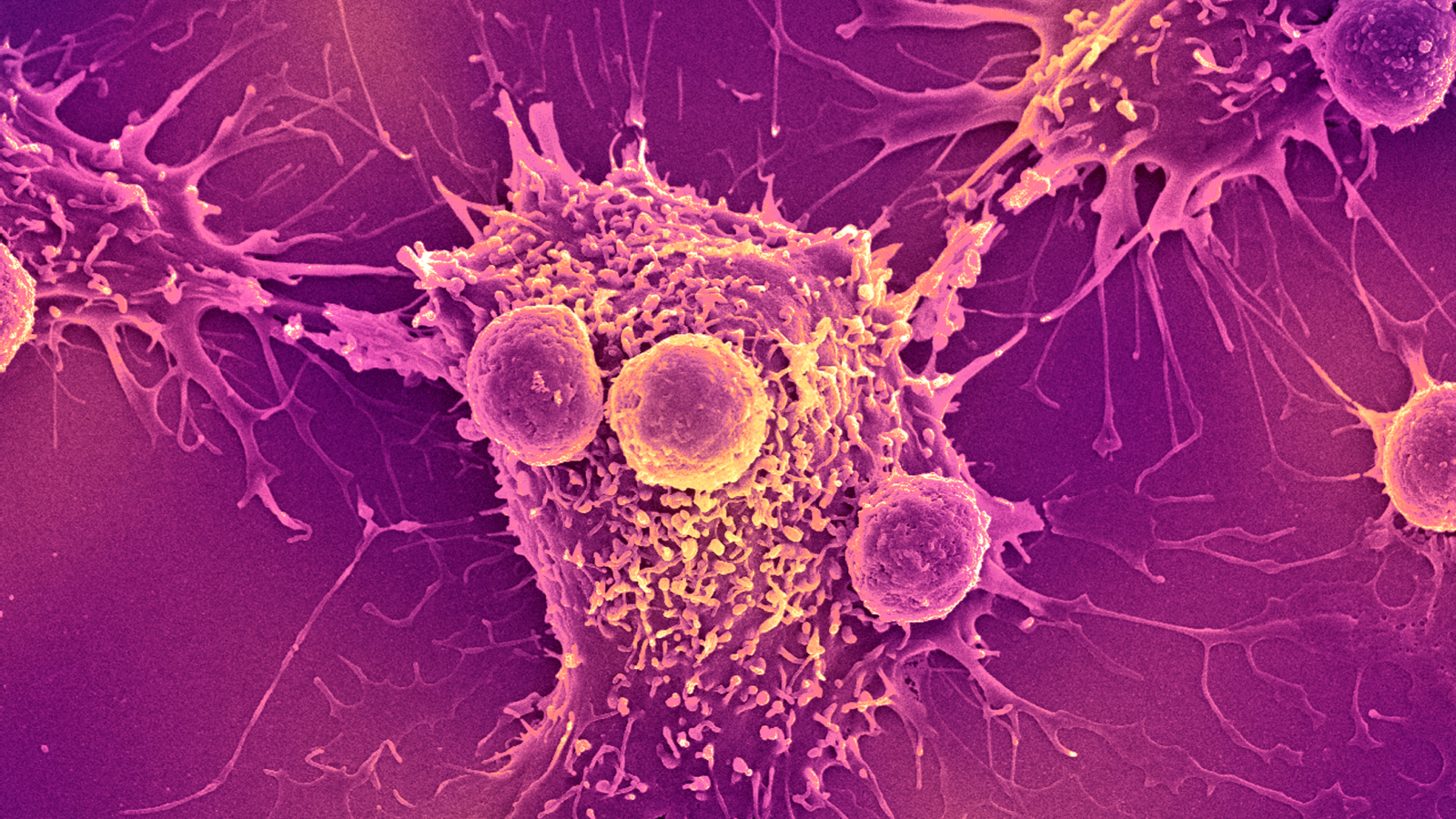T4K3.news
New Hair Regrowth Treatments Show Promise
Scientists at UCLA unveil a new molecule that could awaken dormant hair follicles.

New advancements in hair loss treatments promise improved results and natural-looking hairlines.
Innovative Hair Regrowth Treatments Emerge
In a society that prizes thick hair as a symbol of youth and success, innovative approaches to hair regrowth are becoming critical. Recent research from UCLA has revealed a promising new molecule, PP405, which shows potential for waking dormant hair follicles. This breakthrough, however, is still undergoing clinical testing and may not be available for mainstream use for some time. Experts stress early detection of hair loss for more effective treatment, with genetic factors like androgenetic alopecia being the most common cause. Treatment plans can involve FDA-approved medications like finasteride and minoxidil, known for their effectiveness in early intervention. For more severe cases, advanced therapies including Platelet-rich fibrin and laser treatments are gaining traction among hair restoration experts.
Key Takeaways
"If you catch hair loss in earlier stages, patients do much better and require less intervention."
This quote emphasizes the importance of early detection in treating hair loss effectively.
"While transplants remain an option, many of my patients now prefer a less invasive approach."
Dr. GolBerg reflects a shift away from surgical options in hair restoration.
"Many OTC products rely on buzzwords like ‘biotin,’ yet they are rarely effective on their own."
GolBerg warns consumers against believing in unproven hair care products.
"A Turkish hairline is visible a mile away because they create perfectly straight hairlines."
Finney critiques the common pitfalls of hair transplant surgeries for natural results.
The growing focus on hair regrowth treatments reflects broader trends in personal grooming and self-image. As individuals increasingly seek non-invasive options, treatments that marry technology with biology—such as regenerative therapies or specialized serums—are likely to attract attention. This shift not only highlights consumer demand for effective solutions but also signals a change in how hair loss is perceived in society, evolving from a personal issue to a field of medical innovation. While these advancements portend progress, the market's move toward filtering genuine treatments from mere commerce remains critical. The rise of dubious products poses an ongoing risk to consumers seeking effective solutions.
Highlights
- A natural-looking hairline is a sign of confidence and success.
- New discoveries are reshaping the future of hair treatments.
- Patience is essential in treating hair loss effectively.
- Beware of miracle claims that promise overnight results.
Public Reaction to Hair Restoration Industry
The growth of the hair restoration market raises concerns about the proliferation of ineffective products. Many treatments promise rapid results without proof of efficacy, potentially misleading consumers.
As the hair restoration industry continues to grow, informed choices will be essential for consumers.
Enjoyed this? Let your friends know!
Related News

GLP-1 drugs show potential for PCOS treatment

UK prepares for historic hearing loss treatment trial

Psilocybin Shows Promise in Aging Research

Collagen treatments gain popularity amid mixed evidence

Research shows stevia may combat pancreatic cancer

Universal cancer vaccine begins human trials

New tinnitus treatment shows promise

FDA-approved cancer drugs show potential for Alzheimer's
